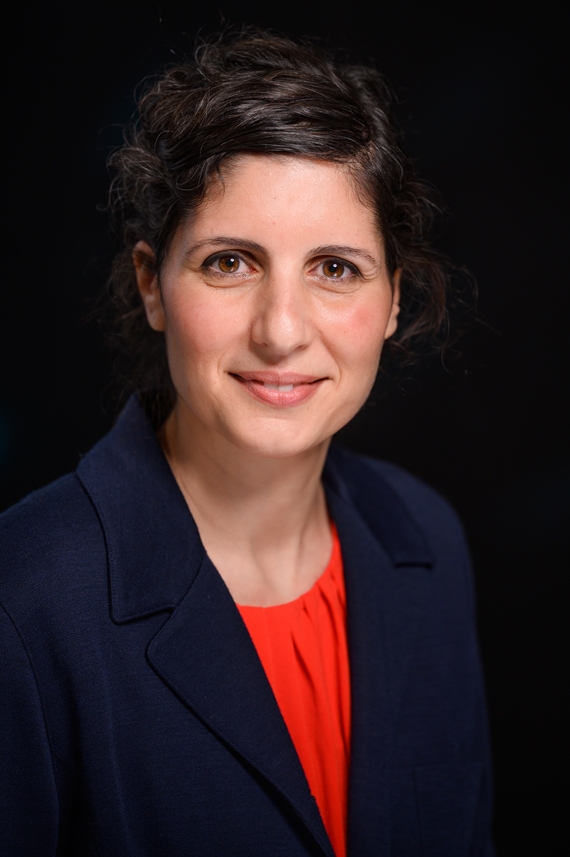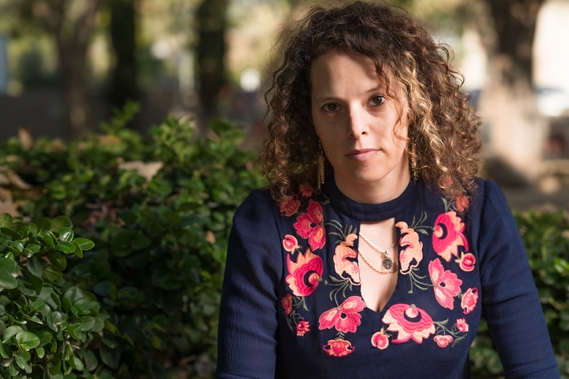Researchers at Ben-Gurion University of the Negev (BGU) say sex robots are no match for human connection, according to a new peer-reviewed study that draws on interviews conducted in Israel to assess what machines can—and cannot—replace. Published in Sexuality Research and Social Policy, the project explains why the fast-growing sex-tech market still runs into a wall: Intimacy depends on communication, emotion, and presence. The team reached its conclusions after seven months of qualitative work, interviewing 16 sex workers across age, gender identity, and religious backgrounds to learn how technology intersects with labor and ethics.
The authors argue that public debate often frames robots as inevitable substitutes, while overlooking the social work embedded in sexual services. “In my lab, we develop robots to support rehabilitation, where they can assist patients but never replace the human therapists,” said Prof. Shelly Levy-Tzedek of BGU’s Recanati School for Community Health Professions. “This study shows a parallel truth in intimacy: technology may simulate certain functions, but it cannot substitute for human connection and emotional presence.”
Give the gift of hope
We practice what we preach:
accurate, fearless journalism. But we can't do it alone.
- On the ground in Gaza, Syria, Israel, Egypt, Pakistan, and more
- Our program trained more than 100 journalists
- Calling out fake news and reporting real facts
- On the ground in Gaza, Syria, Israel, Egypt, Pakistan, and more
- Our program trained more than 100 journalists
- Calling out fake news and reporting real facts
Join us.
Support The Media Line. Save democracy.



Prof. Shelly Levy-Tzedek. (Dani Machlis/ BGU)
Dr. Yeela Lahav-Raz, of BGU’s Department of Sociology & Anthropology, said policy design should reflect the expertise of those who understand intimacy as labor. “Our findings show that sex workers are not only affected by these technologies but also experts in intimacy, labor, and ethics. Excluding their voices risks misguided regulation and deepening stigma,” said Lahav-Raz.

Dr. Yeela Lahav-Raz. (Dani Machlis/BGU)
The paper arrives as regulators in Europe and the US debate ethical rules for artificial intelligence, consent, and safety standards. The authors urge designers and lawmakers to build frameworks that address not only devices, but also the people whose work depends on trust, humor, and the unprogrammable give-and-take of human interaction. The study was supported by an inter-faculty grant and BGU’s Data Science Research Center.